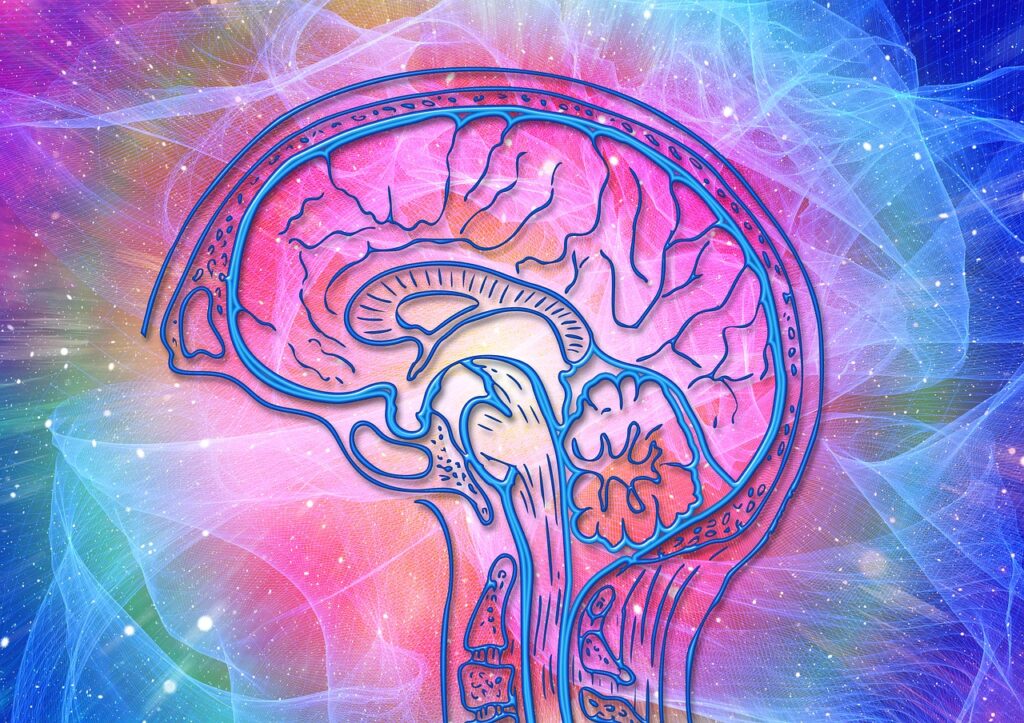What is consciousness?
By Dr. Gerald Woerlee

My article review… 🙂
One of the best-argued articles I recently read on the topic of consciousness, even though I don’t agree on several points. But at least Woerlee does not fall into the usual misconceptions.
First of all, it is to welcome that we are finally questioning the conceptual conflation of mind with consciousness and that “mind presupposes consciousness”. IMHO this conflation was one of the biggest category mistakes of modern Western philosophy of ‘mind’ and which has kept it stuck into a philosophical sink from which it is emerging only recently. Fortunately, things are moving…
Less convincing appear to me his own conceptual conflation where he mixes up (or, at least sounds a bit confusing to me) the idea that “consciousness is manifested by the brain” and “consciousness is generated by the brain”. The two can be very different things. Curiously, while he recognizes that we can be “conscious while appearing unconscious”, even furnishing quite good neurological evidence for it, he seems to stumble on the same lack of distinction he warned from when he equates (or at least does not carefully distinguish) between “unresponsiveness” and “unconscious”. That’s where, I feel, he falls back into the simplistic physicalism when he states “But one thing is certain: no brainstem means no consciousness.” His own list of neurological evidence may well be used to show that he is jumping to conclusions. There was a time where people thought the prefrontal cortex was the “source” and “generator” of consciousness. Modern findings have shown this to be untenable and we are now retiring to the brainstem as “producing” consciousness. Already present findings indicate that we may have to exclude this option as well (such as seemingly conscious behavior in organisms without a brain, plant and cell intelligence, etc.) At the end of the article Woerlee then admits the possibility of the brainstem as “the material conduit for the manifestation of consciousness” which he immediately brands as “no more than an inconsistent, ancient belief system” pointing to his e-book on anesthesia (which I didn’t read, looks interesting, will give it a try…). But I doubt that any third-person perspective on anesthesia can be much revealing on these issues, even not in principle.
However, overall a very nice piece to read which gives food for thought. When one reads all of the hypes and naive (mostly anthropocentric) accounts on what consciousness is supposed to be, this one is a fresh breath.
